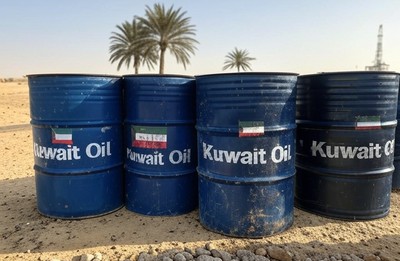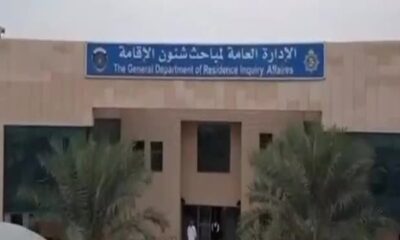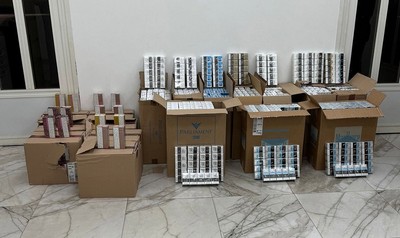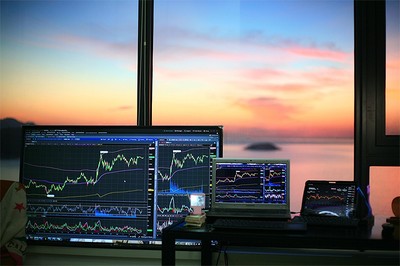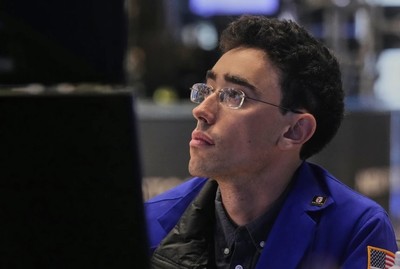The year 2025 continues to test global financial systems with persistent volatility. From central bank policy shifts and oil price instability to geopolitical tensions in key markets, traders are operating in an environment that demands flexibility and a deeper understanding of global macroeconomics. In the UAE, where financial activity is closely linked to international movements, traders are refining their strategies to remain competitive and secure.
Whether it’s retail investors in Dubai or institutional players in Abu Dhabi, the need to adapt to changing conditions in forex trading has become more important than ever. The dynamic shifts in global economics are not just influencing decision-making, they are reshaping how UAE traders evaluate risk, execute trades, and manage exposure across currency pairs.
Focus on Capital Protection and Controlled Risk
A major shift among UAE-based traders is the move toward capital protection strategies. In a volatile environment, limiting downside is often more crucial than maximising short-term gains. Traders are increasingly incorporating stop-loss rules and portfolio diversification as part of their risk control protocols.
Platforms offering position sizing calculators and risk-reward analysis tools have become essential in the decision-making process. This reflects a broader change where the success of a trade is not just about profit, but about how effectively risk is managed over time.
Shift to Shorter-Term Strategies
With long-term market direction often clouded by sudden news events or unexpected central bank interventions, many UAE traders are shifting to shorter timeframes. Scalping and intraday strategies have grown in popularity due to their ability to take advantage of small market moves without staying exposed overnight.
This approach allows traders to stay agile, locking in profits within hours and avoiding market gaps or weekend volatility. Moreover, this flexibility fits well within the mobile-driven trading environment favoured by UAE’s tech-savvy investor base.
Increased Use of Technical Tools
As markets fluctuate more wildly, reliance on technical indicators and automated signals has increased. UAE traders are leveraging platforms with robust charting capabilities and advanced analytics to make real-time decisions.
Commonly used tools include:
- Relative Strength Index (RSI) for overbought/oversold signals
- Moving Averages to detect trend direction
- Fibonacci retracements for identifying entry and exit zones
- Bollinger Bands for measuring price volatilitynn
These tools are especially helpful when market fundamentals become unpredictable or are dominated by sentiment-driven movements.
Demand for Education and Market Analysis
With volatility comes a growing appetite for market knowledge. Traders in the UAE are increasingly participating in webinars, workshops, and market outlook sessions. Brokerages and educational platforms have responded by offering localised content, including Arabic-language tutorials and Gulf-focused economic briefings.
This demand reflects a professionalisation of the retail trader profile. Instead of speculative behaviour, many UAE-based individuals are approaching trading as a skill-based discipline that requires ongoing learning and strategic planning.
Diversification Beyond Major Pairs
Another trend is diversification beyond the usual EUR/USD or GBP/USD trades. UAE traders are exploring opportunities in emerging market currencies, regional forex pairs, and even commodity-linked currencies such as AUD and CAD.
Reasons behind this diversification include:
- Seeking new volatility pockets for trading opportunities
- Avoiding overexposure to dollar-related movements
- Taking advantage of regional economic trends and oil-linked currencies
- Hedging positions with less correlated pairs
This broader view is a direct response to global uncertainty, where traditional safe-haven dynamics have become less predictable.
Adaptation to Regulatory and Platform Changes
The UAE’s trading environment is also shaped by evolving regulatory frameworks and technology infrastructure. As SCA (Securities and Commodities Authority) continues to refine its policies around online trading and leverage limits, local traders are becoming more compliant and informed.
Broker selection now includes factors such as:
- Regulated status in the UAE or other tier-1 jurisdictions
- Availability of Islamic trading accounts
- Fast execution speeds with minimal slippage
- Robust mobile and desktop platforms with analytics
These considerations are crucial for long-term trading sustainability in a heavily digitised and regulated marketplace.
Conclusion
In 2025, global market volatility has turned traditional forex strategies on their head. UAE traders, known for their adaptability and innovation, are rising to the challenge by embracing risk management, technical precision, educational growth, and strategic diversification.
As the world economy continues to shift, these traders are proving that informed, disciplined, and flexible approaches to forex trading are not only effective but essential in uncertain times.
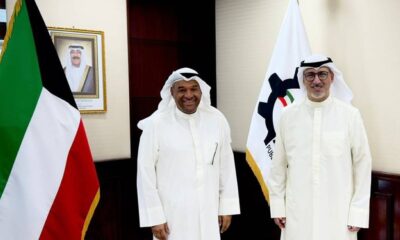
 Latest News16 hours ago
Latest News16 hours ago
 Latest News12 hours ago
Latest News12 hours ago
 Latest News19 hours ago
Latest News19 hours ago
 Latest News15 hours ago
Latest News15 hours ago
 Politics19 hours ago
Politics19 hours ago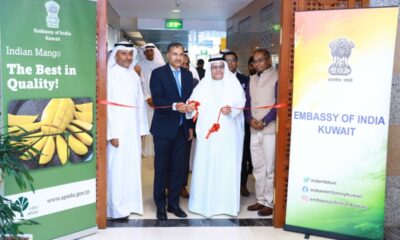
 Latest News13 hours ago
Latest News13 hours ago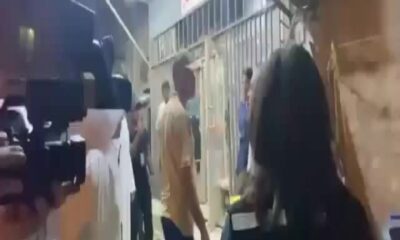
 Politics20 hours ago
Politics20 hours ago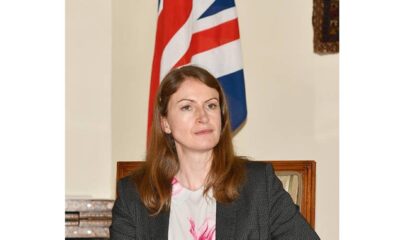
 Latest News14 hours ago
Latest News14 hours ago
